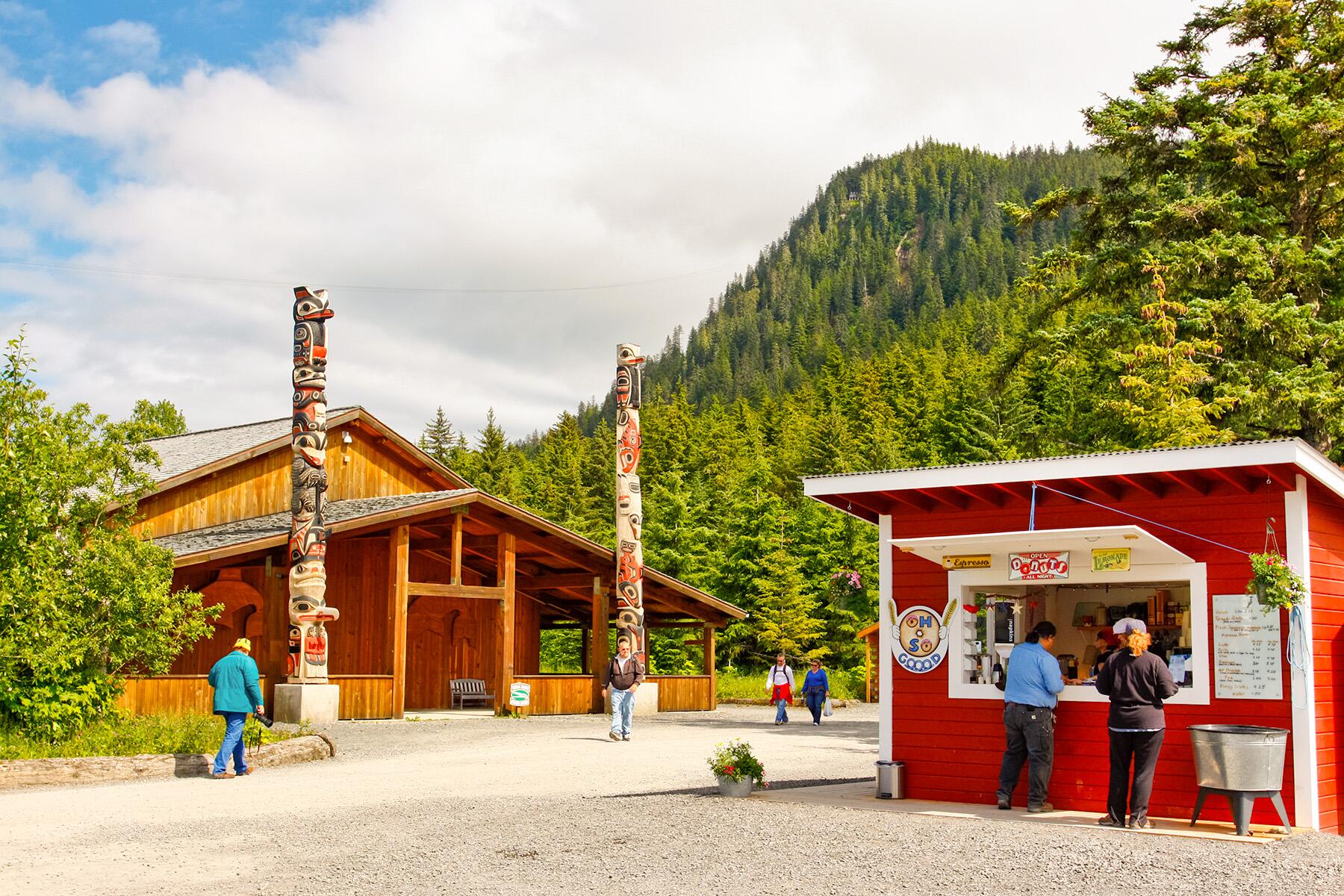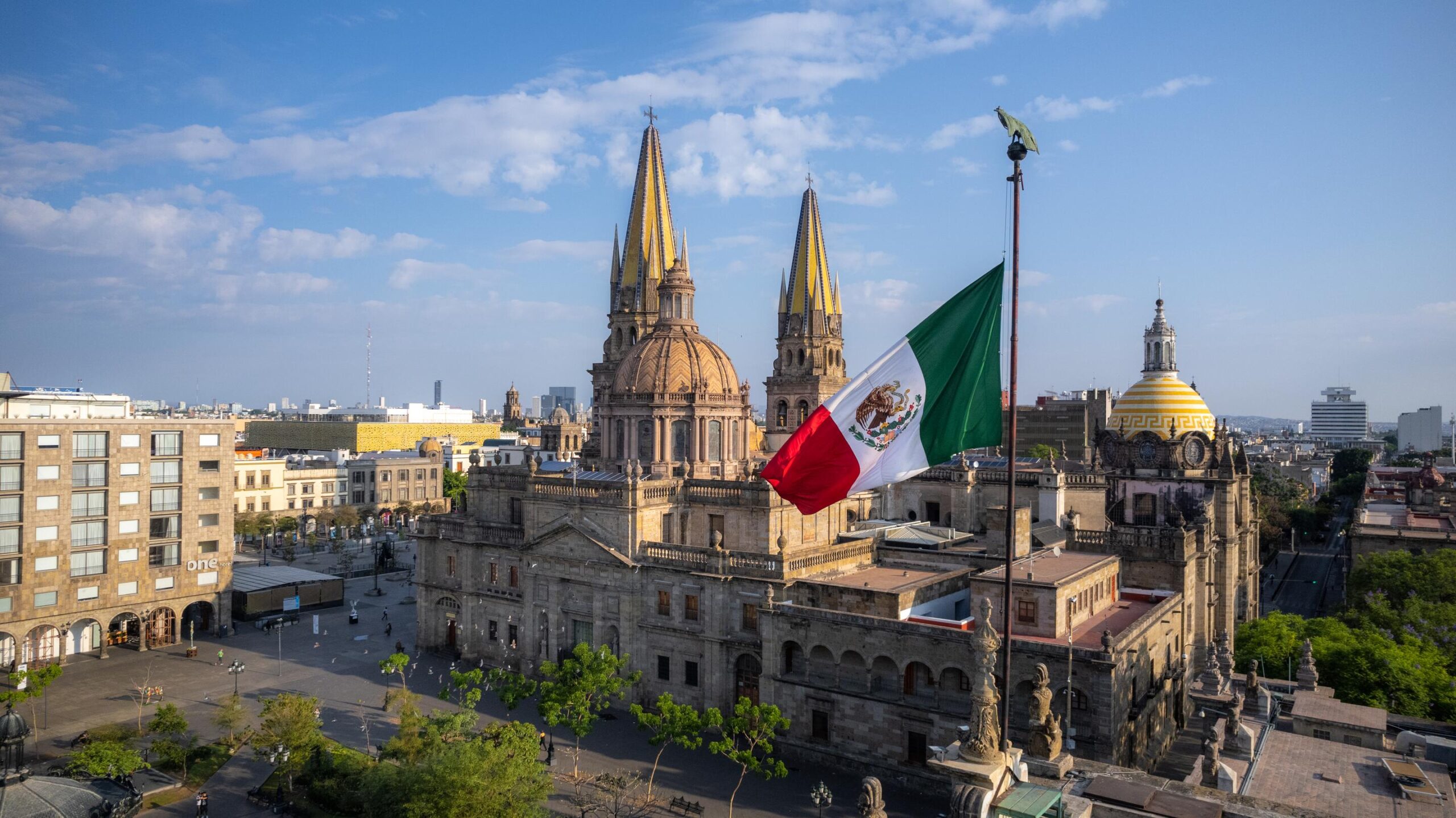The largest city in Jalisco is hosting the sporting event and hopes to push the needle forward for LGBTQ+ representation and acceptance in athletics.
Juan Carlos Razo is no stranger to making history. Back in the early ‘90s when Razo was playing volleyball professionally, he became the first captain of a Mexican national team to be openly gay. Now, a few decades later, Razo is a power player in another milestone for the LGBTQ+ community in Mexico: bringing the Gay Games to Jalisco’s capital Guadalajara. The world-renowned sporting extravaganza is taking place in Latin America for the first time in the event’s 40-plus-year history.
Gay Games 2023, a massive occasion featuring an array of sporting events along with cultural programming, ceremonies, parties, and more, opened in Guadalajara on November 3 and will continue until Nov 11. Serving as the president of the Mexican Sports Federation of Diversity (Federación Méxicana Deportiva de la Diversidad), Razo oversees all the sports programming for Gay Games Guadalajara—he’s part of a small but mighty team of organizers working hard to host the games. Competitors and spectators from all over the world are traveling to Guadalajara to experience firsthand what the city’s LGBTQ+ community has to offer.
“My dream is that all the participants feel like superstars in Mexico,” Razo says. “And that they feel free, happy, and proud.”
Recommended Fodor’s Video
In terms of the competitive sporting events, there’s something for every kind of athlete. Events include: diving, swimming, water polo, 5k and 10k races, track and field, badminton, basketball, beach volleyball, bowling, cheerleading, dance, golf, soccer, dodgeball, softball, tennis, wrestling, powerlifting, and figure skating. There will also be a number of exhibition events showing off lucha libre (freestyle wrestling), rugby 7s, and skateboarding.
While most participants identify as LGBTQ+, the Games are open to everyone. And you need not be Olympian-level either. One of Razo’s duties is making sure matches and heats are coordinated by skill level so things feel even.

The International Race for the Games
Originally founded in 1982, the first Gay Games were held in San Francisco and established on the foundation of promoting equality, diversity, and inclusion through sport and culture. They’re held every four years–previous host cities include Vancouver, Amsterdam, Chicago, and Paris–and cities must bid to be a host.
The path to Guadalajara winning hosting duties hasn’t been without its own hurdles. In 2017, a group of organizers from Guadalajara threw their city’s hat into the ring. Key leaders such as Jalisco’s Director of International Affairs Monica Sánchez Torres and community fixture/queer business owner/GDL socialite Alejandro Serratos joined Razo on the committee. The bidding process involved hosting site visits from the Federation of Gay Games and a presentation highlighting why Guadalajara would be a choice host.
Razo and Sánchez created the Mexican Federation of Diversity in Sports, with Razo organizing smaller “Pride Games” in the Jalisco capital, sporting events which had been growing year over year. In addition to the Federation’s creation, Guadalajara increased its tourism interconnectivity with other major cities, offering direct flights to travel hubs such as Madrid, Bogota, and parts of Canada. Finally and perhaps most importantly, in 2018 Jalisco appointed Andrés Treviño as its sexual diversity director, the first state in Mexico to have a position of its kind in the government.

On top of all this, Torres shared her own personal story during the bidding presentation. While growing up, Torres felt like she was born to be an athlete. She started playing basketball at eight years old, with the natural skill and talent to make Mexico’s junior National Team by age 12. But her parents pulled her out due to the team’s trainer being gay, worried about the exposure to a queer person. This was during a time where LGBTQ+ rights were challenged amid Mexico’s staunch, old-school Catholic values.
Torres tried out many other sports, eventually landing on beach volleyball when she was 19. Although she appreciated the athleticism required of beach volleyball, Torres wondered what she’d be able to achieve if she had the opportunity to pursue basketball. In her mid-twenties, Torres started dating other women; today she is the Director of Gay Games Guadalajara—a full circle moment she sees as destiny, working to create more LGBTQ+ acceptance and community in the world of sports.
“For me it’s very important that these Games are a safe space for our community to be themselves and to give tools to parents to see through sports there’s a healthy way of developing yourself,” Torres says. “Personally, it’s a mission of mine to break stereotypes.”
Guadalajara lost the 2026 bid to host the Gay Games to Valencia. But in a happy twist of fate, the Latin American city was chosen to co-host the 2023 Games with Hong Kong. Since then, Torres and the rest of the organizers have been toiling away getting their city ready to roll out the rainbow carpet for the Games.
In Jalisco, LGBTQ+ Changemakers Working Together
While many cities might have a “gayborhood,” the LGBTQ+ leaders in Guadalajara see their community weaved into the fabric of the entire city. Throughout the artsy neighborhood of Colonia Americana (which is not unlike New York City’s East Williamsburg or Los Angeles’ Silver Lake), you’ll see vintage-clad queer people sipping on cocktails at the various trendy restaurants and bars. At buzzy brunch spot Peligro al Fondo, queer waiters deliver stacks of chilaquiles and iced coffees. The real showstoppers, however, are the weekend drag performances. Around the corner from Parque Revolución and up a staircase is Vértigo Room, a well-curated boutique selling goods by many queer artists and designers.
Of course, Jalisco is also home to one of the most popular vacation spots for queer travelers: Puerto Vallarta. If you follow any Instagays, chances are you’ve seen their dispatches from the beach town packed with gay bars and lounge chairs dotted along Los Muertos Beach. Walking down the streets of the PV’s Zona Romantica neighborhood, everywhere you look there are rainbow flags and gay couples holding hands.
“Puerto Vallarta and Guadalajara are like sisters,” Serratos says of the relationship between the two Jalisco cities. “We understand that for Americans or people from another English-speaking country, that PV is a capital for gay Mexico. But if you want to understand a gay city, it’s Guadalajara.”
Over the past couple of decades, Guadalajara has become a queer metropolis akin to San Francisco or New York City. LGBTQ+ people from all over the state of Jalisco and Mexico have moved to the large city, hoping to find acceptance and community. Jalisco is one of the few states that has legislation regarding hate crimes and same-sex marriage has been legal since 2016. But like many other places, it has been a long and arduous journey to the current state of LGBTQ+ rights. There’s a history of queer people being murdered and policies aimed against the disenfranchised community. At one point, the government even financed conversion therapy.
“Our local history is not different from the rest of LGBT fights. The violence that the government had in the past–in the ‘80s there was police harassment. There were always these pressures from the authorities and government back in the day,” Treviño says. “Now, it’s like a 180-degree shift in the narrative.”
As Jalisco’s sexual diversity director working within the state government to create a more equal society for LGBTQ+ people, Treviño is representative of that change.

Treviño and his office have been pivotal in moving the needle for LGBTQ+ rights and acceptance. In October 2020, a new law in Jalisco allowed trans people to change the gender identity on their legal paperwork (such as birth certificates and identification cards)—the state is one of the only places in Latin America with this sort of policy. A 2022 reform restricted this to only individuals over the age 18, but Treviño’s team has been working on finding loopholes to enable trans youth to also make an update to their paperwork. In addition, Jalisco recently approved sanctions against conversion therapy.
“It’s been a busy year in the LGBT agenda,” Treviño says. “With everything that has been creating a feeling of the fight towards equality, it’s booming. And Gay Games, it’s like the cherry on top of all of it.”
Getting to the Finish Line of the Gay Games
While the Gay Games are a lot of fun and games, the organizers know that the sporting event also has huge potential to continue pushing forward LGBTQ+ visibility and rights. Especially when it comes to the world of athletics, where archaic ideologies about gender binaries and toxic masculinity often still permeate.
Following his Bronze medal win at the 2019 Pan American Games in Lima, Mexican speed skater Jorge Luis Martínez came out as gay. He has lived in Guadalajara since he was 21 years old and is proud that his city is hosting the Gay Games. The hope is that the event serves as a catalyst and leads to similar events in Mexico and throughout Latin America.
“The sports world is not very close to the [LGBTQ+] community, so I feel like it’ll be a life-changing experience,” Martínez says. “At my sports level, I think I won’t find discrimination, but I came out as a world champion. I know that there are kids who suffer from bullying and I think we can avoid this if there are more people in sports that are out.”
The Gay Games have long allowed men to participate in the artistic swimming events. Now at the next Olympic Summer Games, male artistic swimmers will enter the gauntlet for the first time. And when she was in Paris for the previous Gay Games, Sánchez was mesmerized while watching same-gender couples compete and is looking forward to seeing the event at the GDL edition.
“We need to break the patriarchy, we need to be inclusive with ourselves,” she says. “To see tango, salsa, or cha cha dancing by two males or two women, it was amazing.”

Former athletes like Sánchez and Razo are amazed to see the shift in sports over the years. The Gay Games are a culmination of so many parts of their lives, from their own days as athletes to their more recent work in sports and government. Razo gets particularly moved remembering his friend and former beach volleyball teammate Alfonso Jackson, who passed from AIDS two decades ago. To Razo, being here today and getting to put on these Games is a form of activism.
The Gay Games is surely the trip of a lifetime for many competitors, whether it’s from narrowly winning a basketball match or simply getting to play their beloved sport in an inclusive tournament filled with fellow LGBTQ+ people. And after the medals are handed out, there will be the city of Guadalajara with its arms open.
“We are very proud as a city and gay community to host and meet people,” Serratos says. “We are very proud of our city and culture, and we want to share it with all the visitors.



